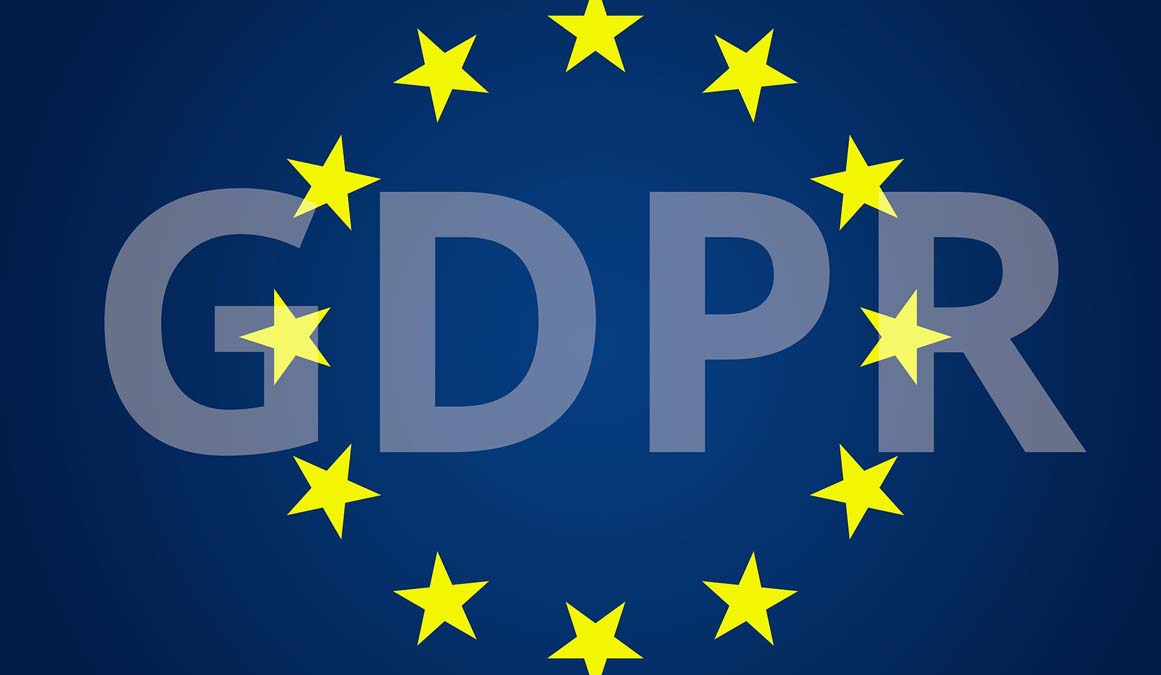NDAs For Freelancers: Successful Project Confidentiality
An NDA (=Non Disclosure Agreement) obliges the parties involved to keep sensitive information confidential. This protects business secrets and is also used for projects between companies, freelancers and the selfemployed. We have summarised what you need to pay attention to in this article.
NDA: Protection For Important Information
An NDA is a binding business agreement. What makes it special is its focus on the protection of data and intellectual property. In order to regulate the use of confidential information, a non-disclosure agreement is a logical step. Nevertheless, some see it as an expression of mistrust and a poor basis for a business relationship. However, when used correctly, an NDA increases the chances of a project's success:
- The content is freely negotiable,
- it creates legal certainty for all parties involved and
- Freelancers know to what extent they can use a project as a reference later on.
The last point in particular can lead to a lot of trouble if confidentiality is not sufficiently clarified. Our damage event Confidentiality Agreement Violated: Too much Information in a Business Profile is impressive proof of this.
Basically, there are two categories:
One-sided NDA
As the name suggests, only one contracting party is obliged to maintain confidentiality. This is the case, for example, if a hired freelancer needs to access confidential company data in order to fulfil a task. In such a situation, the company can demand non-disclosure.
Double-sided NDA
All parties involved are obliged to keep sensitive information confidential. For example, if several parties are working on a project and give each other access to important internal information, an NDA protects everyone.
When Is an NDA Useful?
Deciding whether an NDA is appropriate depends on the information that is exchanged between the parties involved. The more sensitive the data, the more appropriate a non-disclosure agreement is. This prevents sensitive data being leaked and falling into the hands of competitors.
Proposal and Signature: What You Should Look Out For With an NDA
Firstly, ask yourself which data is the focus of your project: Do you need to access sensitive information or are you involved in the development of a new product? Then an NDA is a good idea.
Sign an NDA: Yes Or No?
This also applies here, as with all contracts: Never sign an NDA blindly. Ask yourself whether you can really ensure the required confidentiality - for example, by ensuring the necessary security in your IT infrastructure. You should also realise what this project entails. If you employ staff, you need to sensitise them to this issue. If necessary, plan capacity to ‘clean up’ after the project. For example, this includes deleting documents.
Suggesting an NDA: When Does Confidentiality Make Sense?
A non-disclosure agreement makes sense when sensitive data is exchanged between several parties. The same applies when working on inventions that have not yet been patented. Never conclude an NDA simply ‘pro forma’ and do not allow yourself to be pressurised into signing it.
An NDA is recommended for certain types of contract:
Letter of Intent: This is where the parties involved confirm the initiation of a contract and make it clear that they are aiming for serious collaboration. An NDA is useful to maintain the confidentiality of the contents of the letter of intent. The contracting parties can also keep the fact that they are negotiating with each other a secret.
Cooperation Agreement: If two or more parties are working together, a confidentiality agreement is a useful security instrument. All parties involved should sign this before the cooperation agreement.
Licence Agreement and Technology Transfer Agreement: In a licence agreement, property rights are transferred. As this usually involves the exchange of sensitive information, a non-disclosure agreement is essential.
Consultancy Contracts: In such cases, sensitive information is the basis for project and contract negotiations. It is definitely worth signing an NDA.
Components of an NDA
Non-disclosure agreements are subject to contractual freedom. The parties are free to determine the content of the agreement. In addition, the contracting party that is obliged to maintain confidentiality must not be disadvantaged unreasonably. You should regulate the following points in order to be on the safe side legally:
Contracting Parties
This item includes the names and addresses of all persons or companies involved.
Contractual Object
Describe the project and the activities of the individual parties as precisely as possible. At the same time, define which confidential information, data and documents will be exchanged - preferably also in which form (data carriers, software, etc.)
Intended Use
Clarify which data may be passed on and for what purpose.
Penalty and Compensation
If one party breaches the agreement, a contractual penalty defined in advance becomes due. This consequence applies regardless whether economic loss has actually been incurred. In addition, it must be determined how any resulting damage will be compensated.
Obligation to Provide Evidence
If the obligation to maintain confidentiality is breached, this breach must be proven explicitly. Usually, this is the responsibility of the injured party.
Use if the Contract Is Not Concluded
In some cases, the non-disclosure agreement is signed, but no contract for collaboration is concluded. Then the question usually arises who is authorised to use ideas that have already been developed and to what extent. Regulate the rights in advance to avoid legal disputes.
Validity
If NDAs are concluded without a time limit, this can lead to one party being disadvantaged in individual cases. In such cases, it is better to limit the duration of the agreement.
Severability Clause
It ensures that a contract remains effective even if individual parts of it are invalid.
Projects as a whole should also be comprehensively regulated. You can find tips here: Confidentiality Agreement Violated: Too much Information in a Business Profile.
Limits of an NDA
Like any contract, the confidentiality agreement also has its limits in some areas. Not all data can be protected by contract.
This is the case, if an NDA restricts the freedoms of a party in an unreasonable manner. The disclosure of some information is also required by law. If a contracting party can no longer practise their profession due to an NDA, this form of confidentiality is also inadmissible. In the event of a legal dispute, protected information can also be released by a court.
NDA: Creating Trust and Protecting Information
Even if an NDA is about confidentiality, openness, respect and good communication are crucial for success when drawing up the agreement. This is the only way to build trust between the parties and ensure a successful collaboration.

Vivien Gebhardt is an online editor at exali. She creates content on topics that are of interest to self-employed people, freelancers and entrepreneurs. Her specialties are risks in e-commerce, legal topics and claims that have happened to exali insured freelancers.
She has been a freelance copywriter herself since 2021 and therefore knows from experience what the target group is concerned about.








